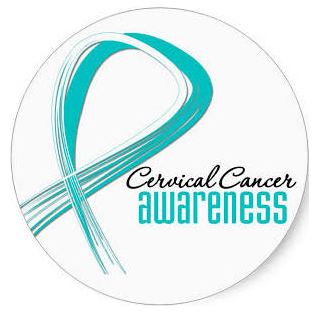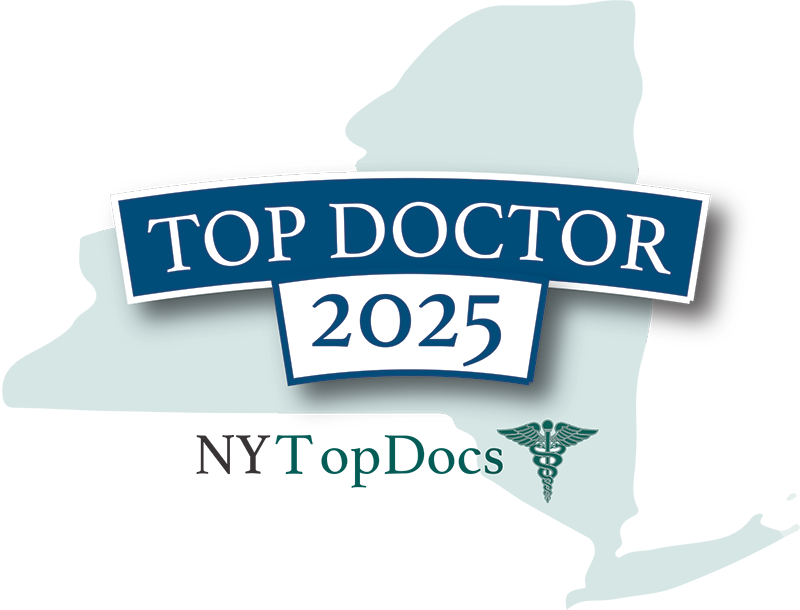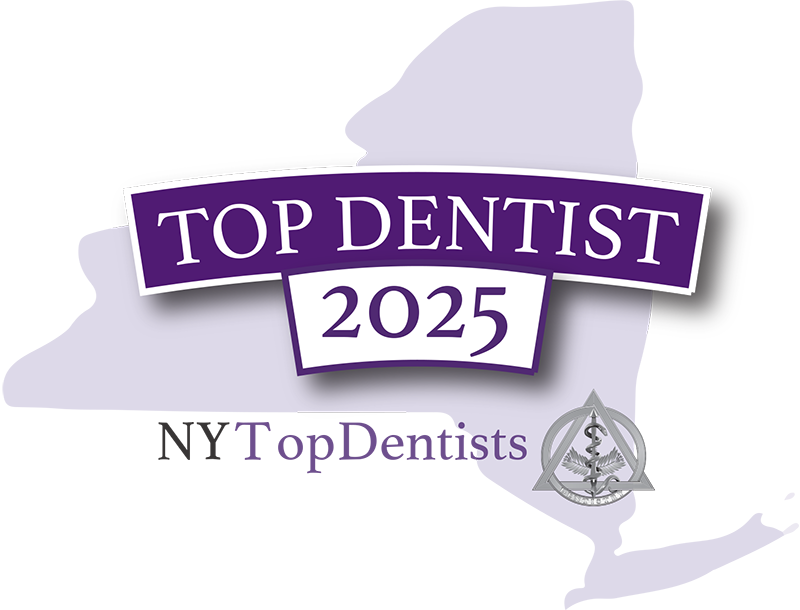Cervical cancer is a disease that affects the female reproductive system. It is caused by HPV, the Human Papillomavirus. HPV is a common virus as it can be passed from one person to another during sex. Cancer.org says that, “Although cervical cancers start from cells with pre-cancerous changes (pre-cancers), only some women with pre-cancers of the cervix will develop cancer. The change from pre-cancer to cancer usually takes several years – but it can happen in less than a year. For most women, pre-cancerous cells will remain unchanged or even go away without any treatment. Still, in some women pre-cancers turn into true (invasive) cancers. Treating all pre-cancers can prevent almost all true cancers”. Cervical cancer is highly preventable with screening tests such as the Pap test. There are also vaccines available to prevent HPV infections. Vaccines.gov says that “when cervical cancer is found early, it is highly treatable and associated with long survival and good quality of life”. As per the National Cervical Cancer Coalition website, “The United States Congress designated January as Cervical Health Awareness Month. During January, NCCC and its many local chapters across the country highlight issues related to cervical cancer, HPV disease and the importance of early detection. While NCCC chapters host events throughout the year, January is a month with a special focus as chapters celebrate Cervical Health Awareness Month and work to spread the word in the communities.” The importance of prevention and early detection is stressed throughout the month of January.
As per Vaccines.gov, “HPV vaccines offer the greatest health benefit to persons who receive all three doses before exposure to HPS through sexual activity. Routine HPV vaccination is recommended for girls and boys at age 11 or 12 years. Vaccination also is recommended for females through age 26 years old and for males through age 21 years who have not been vaccinated previously. Any man who has sex with other men, and men with compromised immune systems (including human immunodeficiency virus (HIV infection), also may be vaccinated through age twenty-six years. Although all women are at risk for cervical cancer, it occurs most often in women over age 30. For women over age 26 years, the best way to prevent cervical cancer is to get routine cervical cancer screening, as recommended.” The Center for Disease Control also stresses the importance of vaccine prevention and early detection.
The CDC recommends HPV vaccination for girls and boys before their 13th birthdays to protect against caused by HPV, which includes cervical cancer. Even though the cancer is highly treatable, over 11,000 women are diagnosed with the cancer and 4,000 die even with screening and treatment. The CDC started the “Protect Your Daughters from Cervical Cancer” social media campaign, in hopes to better spread awareness through social networks.
To start the year off right, be sure to book an appointment with your physician to learn more about the HPV vaccines and have the discussion with your loved ones. In the meantime, be sure to check out the hashtag #CervicalHealthMonth on social media and help spread the awareness!
Sources
http://www.nccc-online.org/index.php/january
http://www.vaccines.gov/more_info/features/cervicalhealthawareness.html
About Us
NJ Top Docs is a comprehensive information resource of Top Doctors, Dentists and Hospitals. We are profiling over 900 Healthcare Providers and have made it convenient for you to find them.
NJ Top Docs allows patients to “meet” these providers online before making their appointment.
For more information, visit www.NJTopDocs.com.


